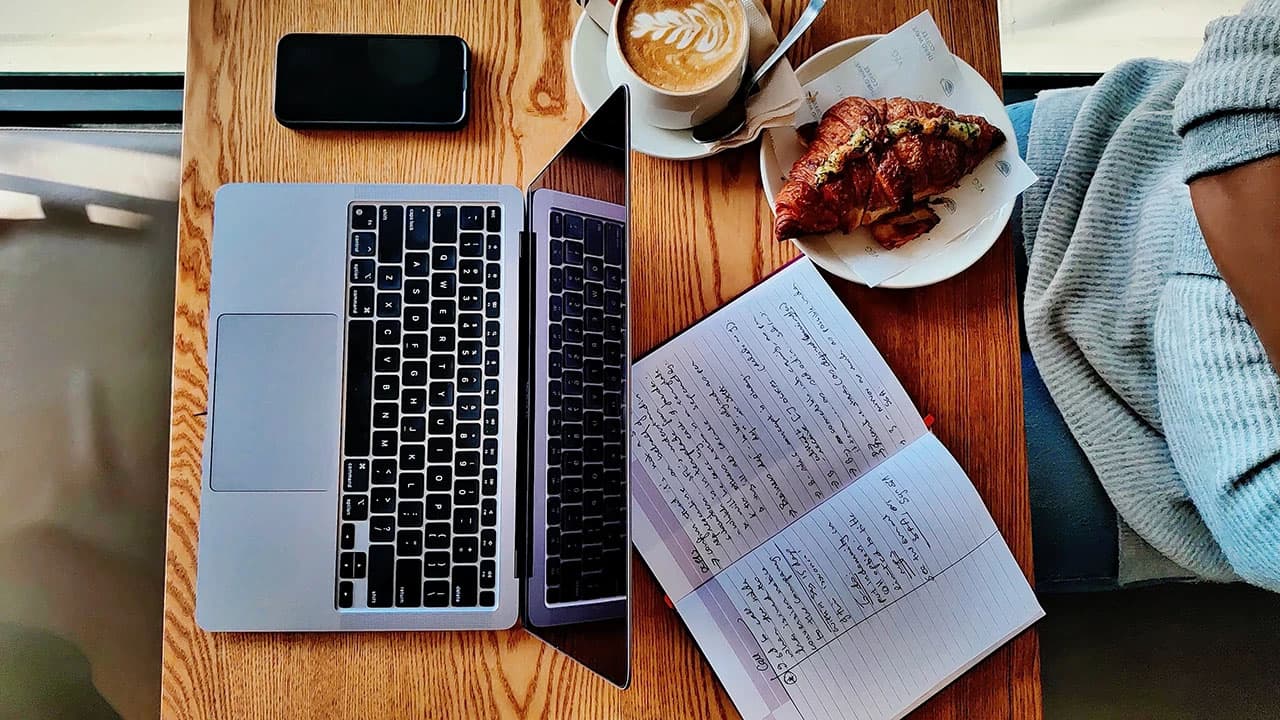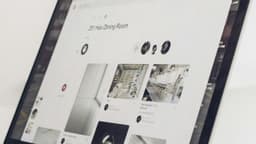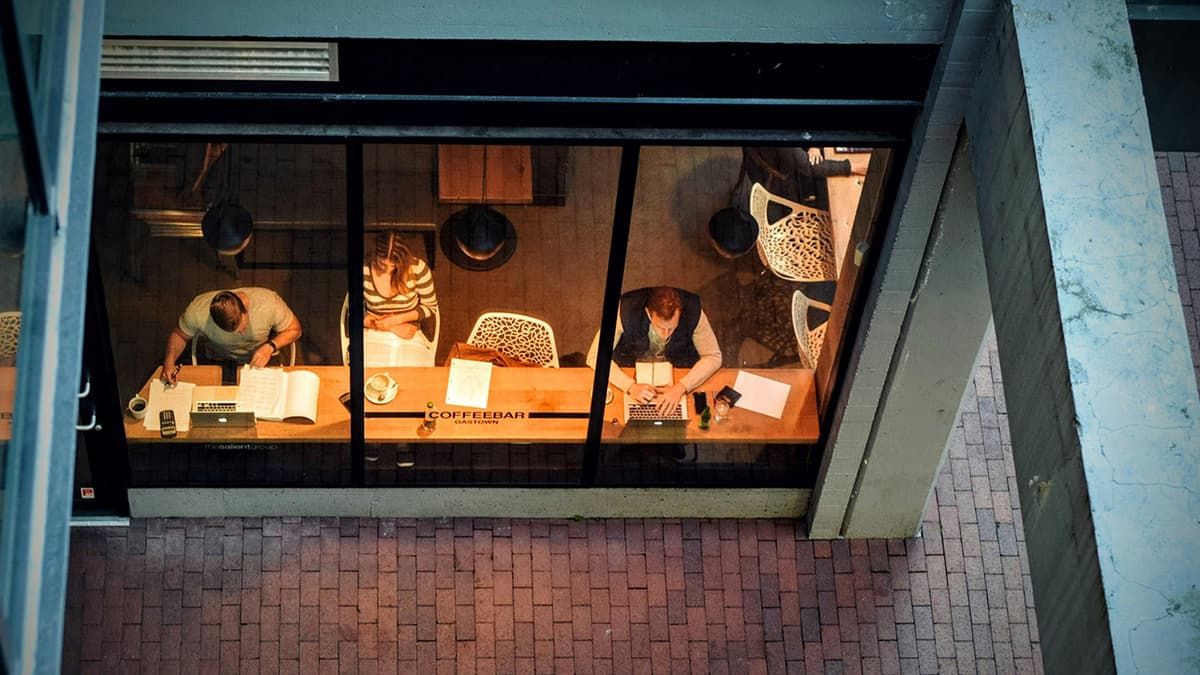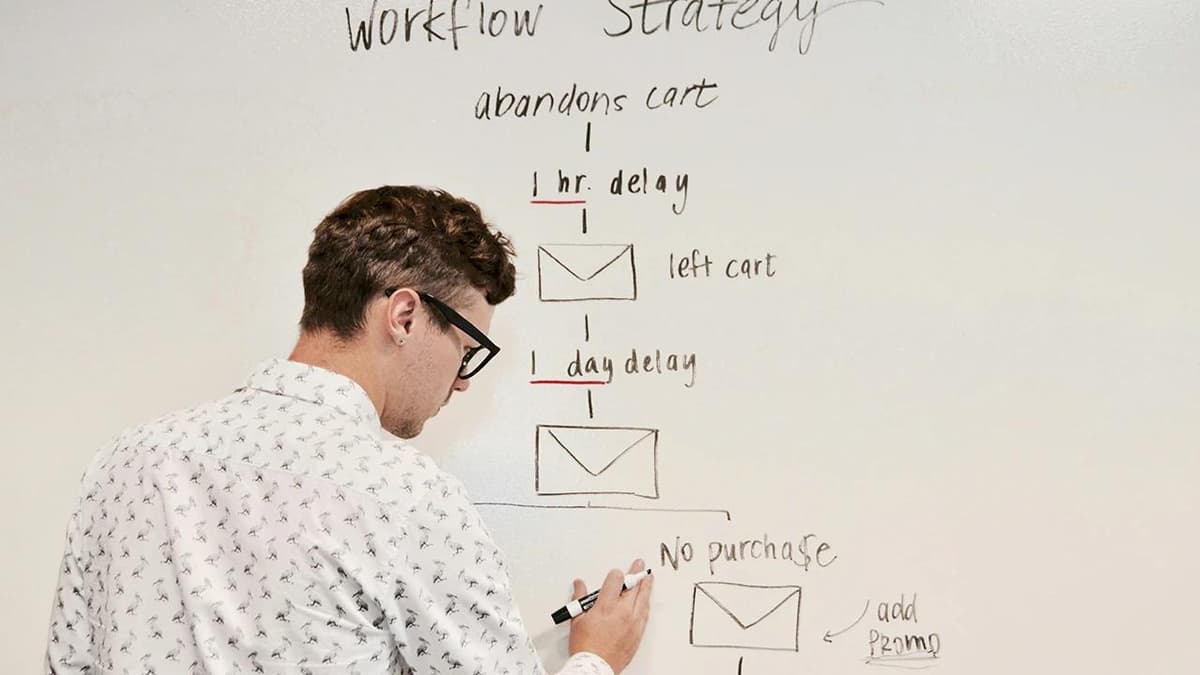Can AI Create Another AI?
The concept of artificial intelligence (AI) creating other artificial intelligence entities is not only fascinating but also a significant talking point among tech enthusiasts and experts. The idea resembles the plot of a sci-fi movie, where intelligent machines create even more intelligent progeny. But is this simply the stuff of fiction, or is it a real possibility now or in the near future? Let's explore this exciting terrain.
Artificial intelligence has made enormous leaps in the past decade. From virtual assistants that can schedule your meetings to self-driving cars that can navigate the complexities of urban traffic, AI is increasingly becoming a part of our everyday lives. In the world of research and development, AI systems play a crucial role in crunching vast datasets to unearth patterns that would take humans several lifetimes to decode.
AI systems are algorithms written by human programmers. These intricate lines of code are designed to process inputs and provide outputs that mimic human decision-making. But, the question arises: can these coded entities leapfrog their creators and start coding on their own?
The short answer is yes, sort of. Today's AI systems have the ability to learn and improve over time through a process known as machine learning. They analyze data, recognize patterns, and make decisions based on that information. Some of these systems are even capable of what we call 'meta learning' or 'learning to learn'. This means they can adapt their own algorithms to become better at solving problems without human intervention.
Companies like Google and OpenAI have been at the forefront of such developments. Google's AutoML is a project where AI creates AI models. These child models are designed by the system to suit specific tasks better than some models designed by humans.
OpenAI, known for its cutting-edge research, has developed systems that can write comprehensible text, compose music, and even play complex video games at a high skill level.
While these advances paint a promising picture, there are limitations. Contemporary AI lacks what humans possess—general intelligence. Today's AI systems are good at specific tasks, but they do not possess the broad, adaptive intelligence that humans do. They are skilled laborers in a world where they've mastered only one trade.
In addition, the design of new AI systems still largely relies on human expertise. Programmers set objectives, define learning parameters, and engineer the architectures. AI might suggest improvements or variations, but humans are the directors in this production, guiding the AI to the desired outcome.
Another factor to consider is ethics and safety. As AI systems become more capable, questions arise about their decision-making processes. It's crucial that AI systems are transparent and aligned with human values, as decisions made by these systems can have significant consequences on individual lives and society. Creating safeguards and ethical guidelines is of paramount importance to ensure that AI systems benefit humanity.
Moreover, collaboration is key when it comes to AI creating AI. Just as human innovation is often the result of collaborative effort, AI systems can work in tandem to refine and enhance each other. This collective intelligence could expedite the process of AI development, potentially solving complex problems at a much faster rate.
Can an AI build another AI? Yes, it certainly can assist in the process, and in some cases, it can autonomously generate new AI models under the right conditions. But, they're not yet at the point where they can independently conceive and implement AI systems from scratch without any human input or oversight.
What's undeniable is the relentless march of progress. Each day, AI is getting smarter, and its capabilities are expanding. Who knows? The future might see AI systems that can independently architect and refine other AI systems with a sophistication that rivals, or even surpasses, human engineers.
For now, we are at the cusp of an era where the tools we create are starting to look back at us, offering a hand in their own creation. The implications of this paradigm shift are boundless, and as we stand on the threshold of this new frontier, it's thrilling to imagine what AI will dream up next.












